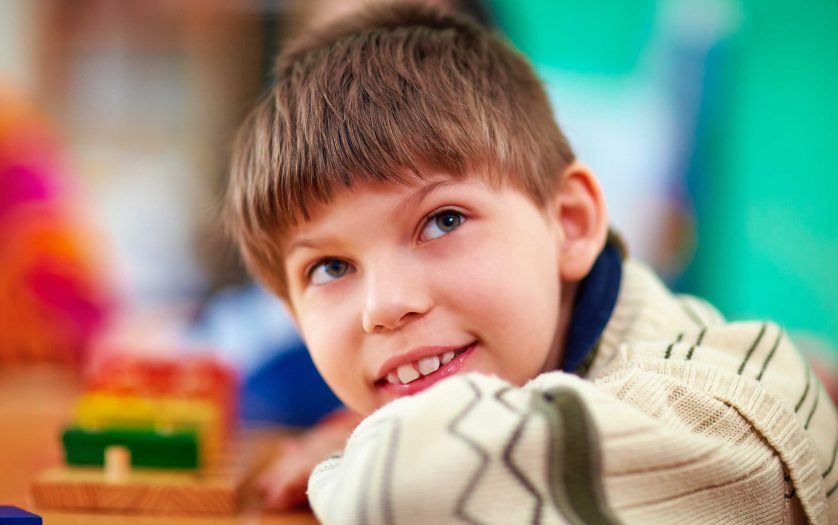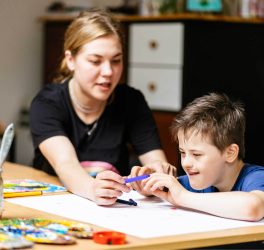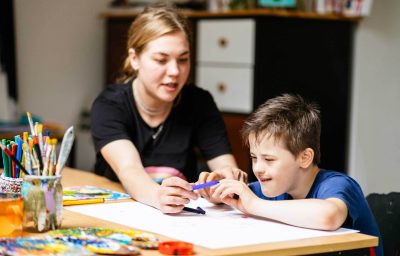
Educators and advocates have welcomed a new disability resourcing model for state schools, announced by the Palaszczuk Government as part of a record $16.5 billion education budget this week, which will be phased in over 2023 and 2024.
The benefits of the new model include:
- Dedicated support for an extra 30,000 students with disability
- A focus on Prep students to give them a great start
- A new Extensive Plus resourcing category for students with the most intensive needs
- An easier, streamlined, single process for families without the need for additional medical or specialist reports
Schools will also receive more than $80 million over the next two years – which will fund almost 500 new front line positions – to provide continuity and certainty for schools, and ensure no student misses out, as the current Education Adjustment Program is phased out and the new Reasonable Adjustment Resourcing model is introduced.
Education Minister Grace Grace said the new model was a game changer and means state schools will be able to support thousands more students every year.
“This is a wonderful development for students with disability and their families, as well as their school communities,” Ms Grace said.
“The Palaszczuk Government is already investing almost $1.4 billion in 2022/23 to support students with disability, and this change will mean even more resources for schools.
“It’s a fundamental shift in how support is provided, with the focus moving from the current system based on six prescribed types of disability only, to a model that’s based on the level of support and adjustment that a student needs to participate in education.
“A number of disabilities will be formally recognised for the first time including dyslexia, ADHD, foetal alcohol syndrome, Tourette Syndrome, and mental health conditions. While schools already support these students, there will now be more dedicated resources available.”
Minister Grace said the $80 million announced in the budget was to ensure no student missed out on support while schools moved to the new model.
“It’s a major change, and schools will need time to adjust to the new way of gathering and recording information for the new model,” Ms Grace said.
“We don’t want any school or student to miss out on support while the transition is taking place.
“That’s why we are investing $80 million over the next two years. This money will fund almost 500 new frontline positions to support students, and provide continuity and certainty, until the new model is fully implemented in 2025.
“The positions will come from a combination of new staff and increasing hours for existing staff.”
Minister for Seniors and Disability Services Craig Crawford said the model supports students with disability to harness their abilities.
“We need to think about it as focusing on a student’s ability, not disability, and this new model will help build inclusiveness in our schools and society,’’ Mr Crawford said.
Queensland Association of Special Education Leaders President Ric Day welcomed the news.
“This new funding model is sharply focused on students’ needs and will ensure resources are allocated to more students with disability, based on reasonable adjustments, in a fair and equitable way across all primary, secondary and special schools,” Mr Day said.
“I commend the government and their continued focus on ensuring every student with a disability succeeds.”
Queensland Association of State School Principals President Mr Pat Murphy said the changes would lead to long term educational, social, and economic benefits for the state.
“This is a very positive step forward by the government in investing in our most vulnerable students,” Mr Murphy said.
“The additional resourcing provides Queensland school leaders with certainty so that as schools transition to an enhanced funding formula no student will lose funding.”






